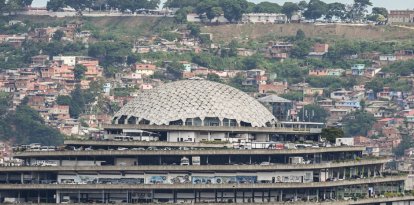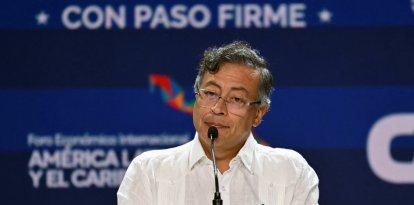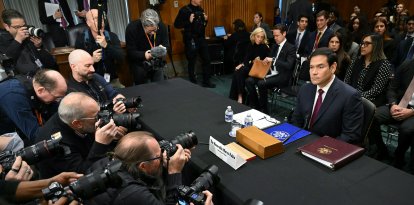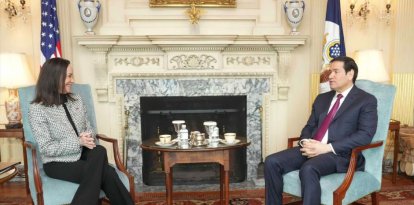Bittersweet defeat for Bolsonaro
The outgoing president still has supporters or allies in most of the territories and his party won the largest number of seats in Congress.
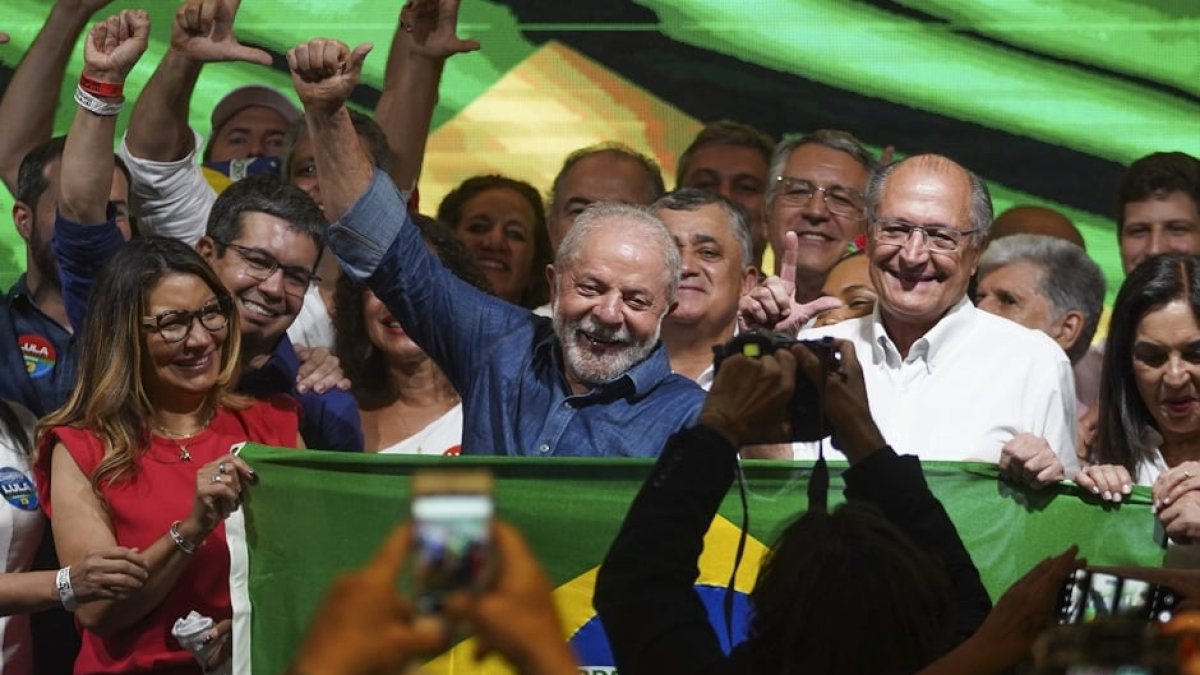
Luiz Inácio Lula da Silva / Cordon Press.
Although Jair Bolsonaro conceded the Brazilian presidency to Lula da Silva, his party and political collaborators still span the country. Most of the elected state governors are allied with the soon to be former president. In the National Congress, Bolsonaro's Liberal Party has 99 deputies, which is the most of any party.
Yesterday, the federal presidency was not the only election at stake. Twelve states were still without a governor after no candidates reached an absolute majority in the first round on Oct. 2. Of the governors elected yesterday, four align with left-wing Lula, five with the conservative Bolsonaro, and three lean center-right. The victory of Eduardo Leite, of the Social Democratic Party of Brazil (PSDB) in Rio Grande do Sul stands out. Although his party is slightly right-wing, Leite expressed his public rejection of both candidates for federal president "because they polarize the country."
Surprise in Sao Paulo
One of the big surprises of the second round was the victory of Tarcisio de Freitas, former Minister of Infrastructure under Bolsonaro, in Sao Paulo. This state has the greatest electoral weight in the country, containing 22% of voters. De Freitas' victory puts an end to 30 years of PSDB dominance in the state. Along with triumph of Claudio Castro in Rio de Janeiro and Ibaneis Rocha in the Federal District, de Freitas's win in Sao Paulo assures that right wing leaders now the three territories with the most industrial and financial power in the country.
In addition, Lula's home state of Pernambuco also elected a right-wing governor: Raquel Lyra of the PSDB. She was one of two women to win a gubernatorial race in this election. The other was Fatima Bezerra, in Rio Grande do Norte, but she is from the left-wing Workers' Party. The PSDB also won a third state, Mato Grosso do Sul, which will be led by Eduardo Riedel.
Federal victory, state defeats for Lula
The Workers' Party emerges from the elections with control of 10 of the 27 districs in Brazil. The main victory of Lula's party was in Bahia, where Jerônimo Rodrigues struggled to prevent one of the historic bastions of the Brazilian left from ending up in the hands of ACM Neto, mayor of Salvador. In addition, the states of Alagoas, Espírito Santo and Paraíba, ended in the hands of Lula's allies after the second round of elections.
Romeu Zema, who ran for governor in Minas Gerais, tried to distance himself from both federal candidates in his campaign although his party leans slightly right. Minas Gerais was considered a swing state for Bolsonaro in the presidential election. Despite Zema's gubernatorial victory, the state overwhelmingly voted Lula for president.
Liberal Party wins the most seats in Congress
In the National Congress, neither Lula's nor Bolsonaro's parties and coalitions achieved a clear majority in the 513 possible seats. Bolsonaro's Liberal party will have the largest representation in the chamber, with 99 deputies. By allying with small like-minded forces, it could gain the support of up to 187 representatives.
For its part, the Brazil of Hope Federation, the coalition headed by the left-wing Workers' Party won 80 seats. Adding closely aligned deputies, they could reach 108 votes in the chamber.
Governability depends on negotiations in the Chamber of Deputies
The pacts and coalitions made between representatives from parties whose leaders did not make it to the second round of elections will be fundamental in forming a government. Center-right Senator Soraya Thronicke's party, Union Brasil, obtained 59 deputies. The center-left Brazilian Democratic Movement (MDB), which includes Senator Simone Tebet, won 42 representatives. The center-left Democratic Labor Party (PDT) of former Governor Ciro Gomes got 17.
In addition, independent forces obtained outstanding results. For example, the moderate Social Democratic Party (PSD) will have 42 deputies while the also centrist Podemos will have 12.
The right wing, also majority in the Senate
The Senate held elections for 27 of its 81 seats, also resulting in a slight advantage for the right. The Liberal Party won eight seats, so its total representation will be 14 senators. In addition, its PP allies will have seven, and the Republicans will have three.
For the left, the Workers' Party will have nine senators, four of them having won in the Oct. 2 election. In addition, Unione Brasileiro has 12 senators and the PSD and MDB will have 10 senators each. Podemos will be represented by six senators and the Brazilian Social Democracy Party (PSDB) by four.













